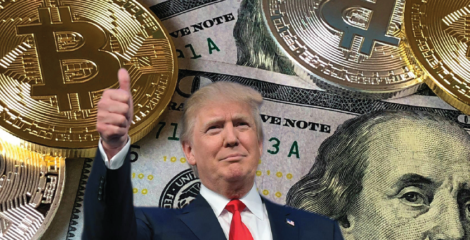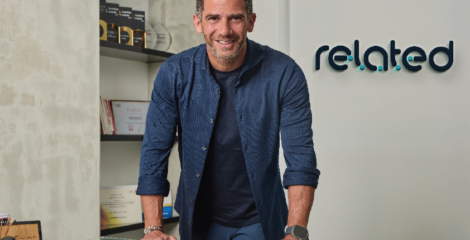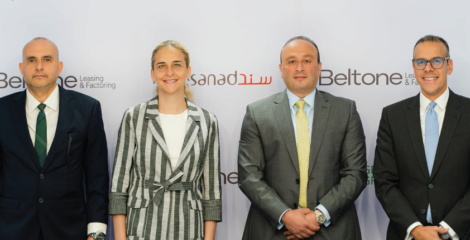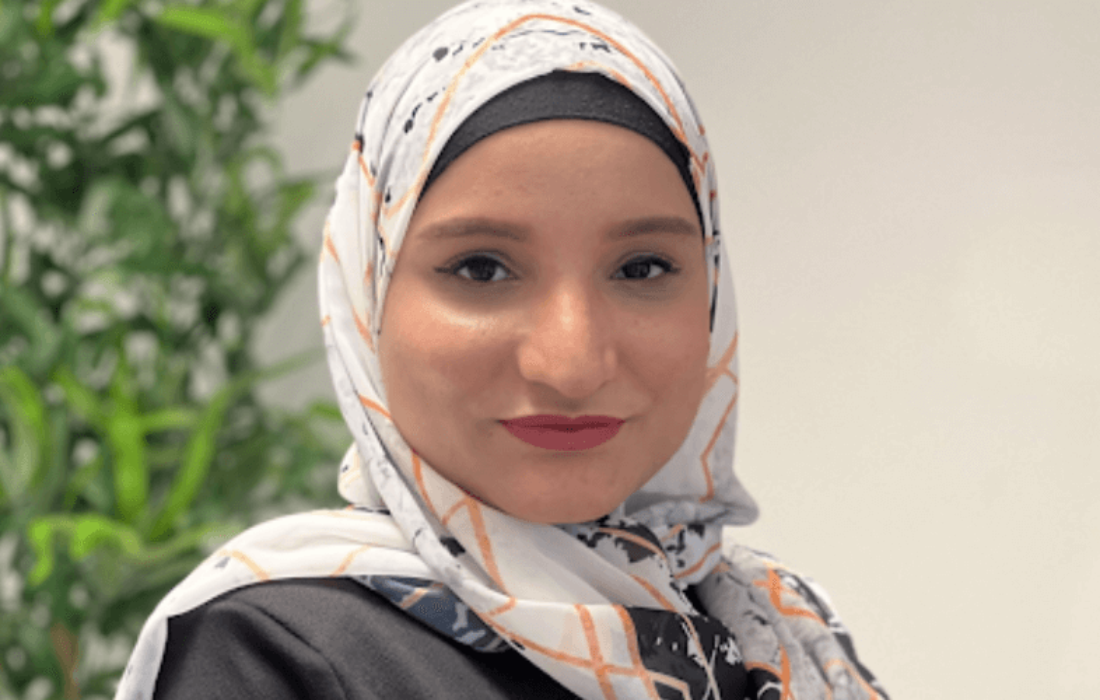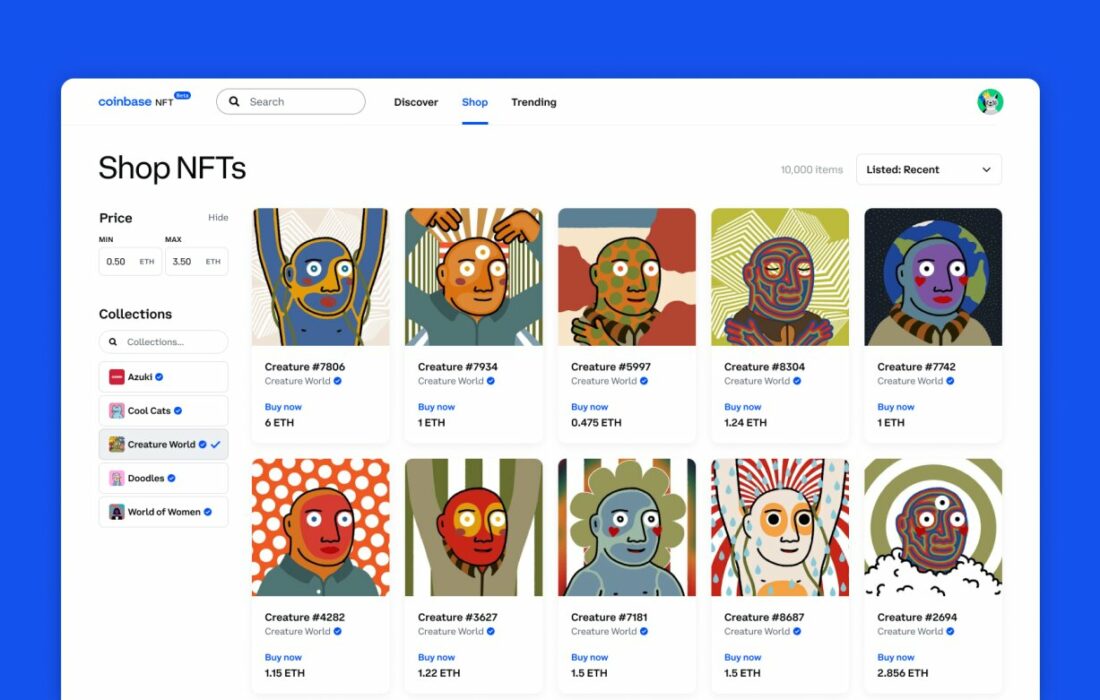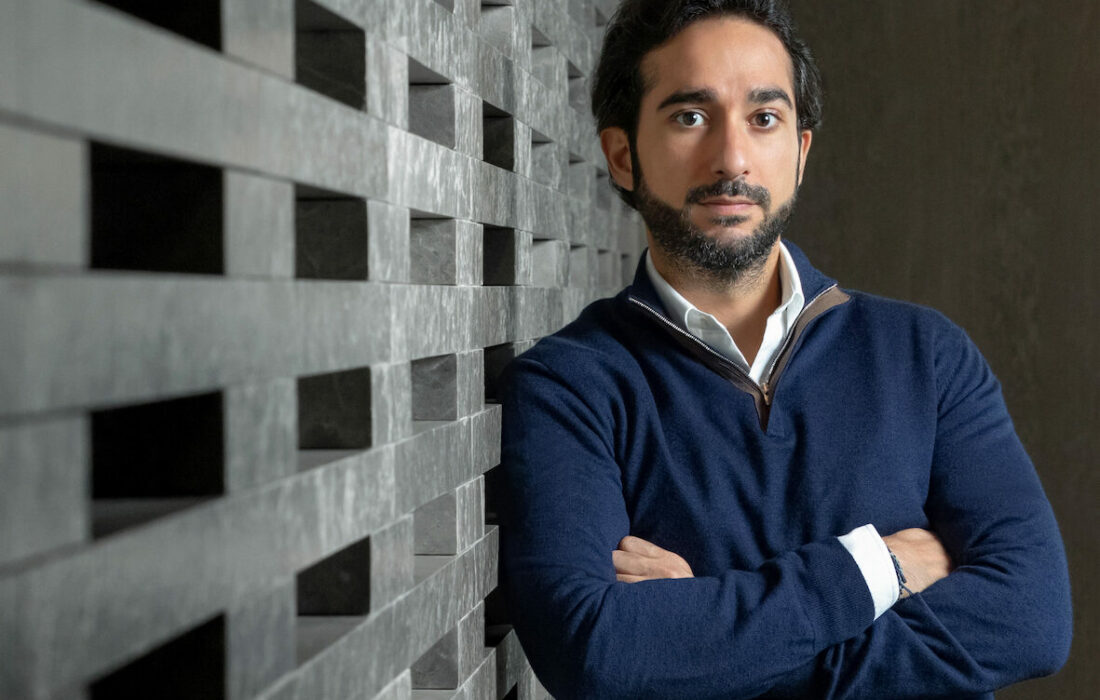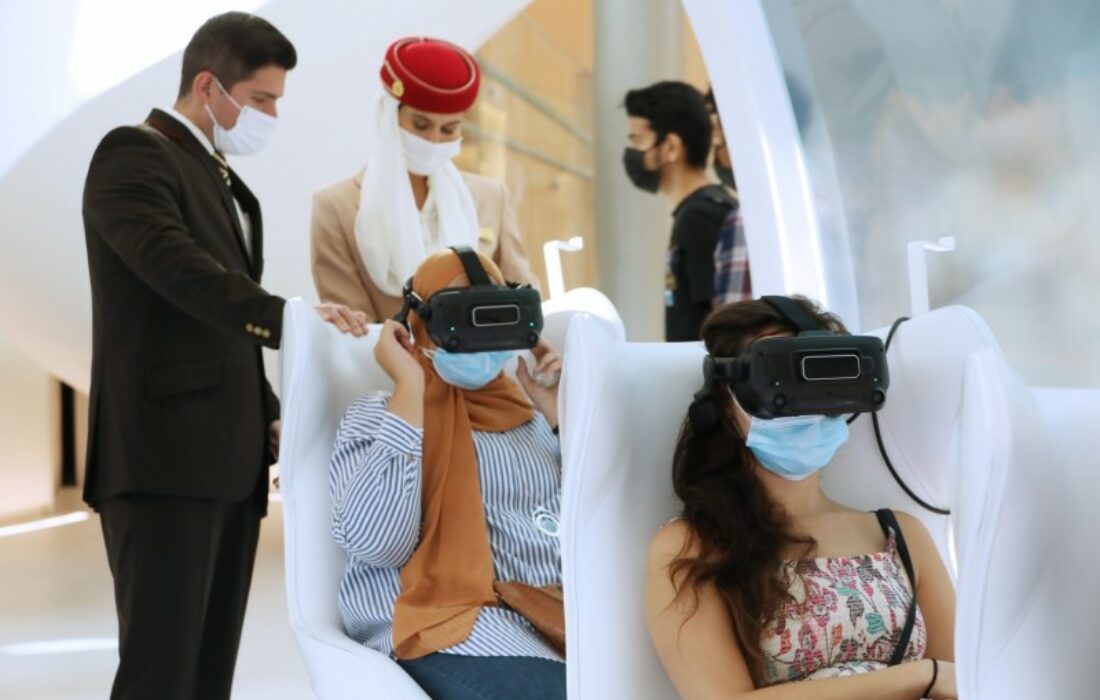Last Monday, Elon Musk acquired Twitter, the world’s “defacto public town square”, for $54.20 per share in cash in a transaction that totalled a staggering $44 billion. In his statement, he shared all the things he planned to change about Twitter, including open-sourcing its algorithm and enhancing the platform’s capacity for free speech.
For years, Musk, a self-described “free speech absolutist”, was vocal in his criticism of the platform’s content moderation, alluding to Twitter’s inconsistent approach to muting accounts, and stressing that Twitter needs to be a ‘genuine forum of free speech’.
Despite Elon Musk’s honest intentions, his sudden takeover garnered a lot of mixed reactions from celebrities, public figures and the general public alike, who still question what Twitter will be like after Elon. Some actors even vowed to quit the platform once Elon takes over, others wondered if him taking over could mean that Trump is coming back to Twitter.
Jeff Bezos even went so far as to suggest that China’s influence over public opinion will increase as Tesla’s second-biggest market in a guarded comment where he described it as a complex situation, but assured his followers that “Musk is extremely good at navigating this kind of complexity.”
These concerns also extend to human rights organizations, who question Elon Musk’s definition of free speech. In a platform that serves as a podium for public opinion, moderation is key to maintaining a safe and sustainable environment, and human rights organizations warned that lack of moderation could lead to a rise in hate speech.
It is still too early to tell how Elon Musk plans to deal with content moderation, and undoubtedly with the team that handles it. Eliminating content moderation could also mean eliminating the need for hundreds of Twitter employees who work to maintain the platform’s safety.
As the acquisition panic seeped through the company, Twitter had to block its developers from making any updates that are not “business-critical” to curb any left-wing attempt to sabotage the company.
Musk, who “doesn’t care much for the economics of Twitter”, dreams of a free world where everyone can say what they want with little to no retribution, where everything is transparent and out in the open, and where even his haters aren’t forced to leave Twitter but coexist with him in a Twitter democracy. That’s why he also plans to add an edit button and make public the algorithm behind prioritizing tweets, which, in his words, “gives too much power to corporations that advertise.”
This is another big change for Twitter which gets nine-tenths of its total revenue selling advertising.
The concerns, however, don’t seem to be shared by Jack Dorsey, founder and former Twitter CEO, who weighed in on the deal late on Monday with a series of tweets that thanked both Musk and current Twitter CEO Parag Agrawal for “getting the company out of an impossible situation.”
Twitter lost $861 million as a public firm and reported a profit in less than half of its earnings calls since going public in 2013. But when news broke on April 4th that Musk bought 9.2% of the outstanding Twitter shares, the price of the stock rallied in its best daily gain since 2013.
“Twitter as a company has always been my sole issue and my biggest regret. It has been owned by Wall Street and the ad model. Taking it back from Wall Street is the correct first step,” Dorsey said.
If you see something out of place or would like to contribute to this story, check out our Ethics and Policy section.

